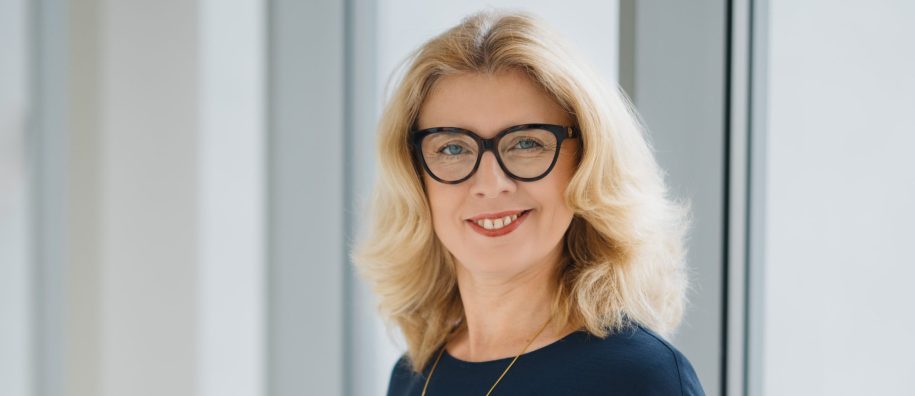
How can universities remain worthy of young people’s trust in a world where information spreads faster than reflection? This question is explored by Mykolas Romeris University (MRU) Rector, Vice-President of the International Association of Universities (IAU) and member of the Executive Board of the European Women's Rectors Association (EWORA), Prof. Dr. Inga Žalėnienė, in her article published in the Horizons magazine issued by the IAU. Article, titled “Rebuilding Trust, One Generation at a Time”, invites readers to reconsider the role of universities in today’s society.
In publication, Prof. Dr. Inga Žalėnienė emphasizes that trust is no longer something taken for granted – it is neither inherited through tradition nor guaranteed by reputation. It must be built consistently, day by day, based on transparency, responsibility, and openness. According to her, trust is not only a moral value but also a strategic resource that determines society’s resilience to manipulation and crises.
The article also highlights the responsibility of universities – not merely to transmit knowledge, but to help young people develop the ability to think critically, distinguish truth from falsehood, and seek meaning. The Rector notes that the younger generation expects from universities not only professional skills but also mentorship, a sense of community, and moral direction.
“We must be institutions that students not only use but also trust. This trust is earned not through prestige, but through a promise to help them discover not only what the world is, but what their place in it can be”, says the MRU Rector.
According to Prof. Dr. Inga Žalėnienė, value-based leadership, grounded in academic freedom, integrity, inclusion, and service to society, is an essential condition for education that can bring about change and build a trust-based future.
The full article in English is available in the International Association of Universities (IAU) Horizons magazine. Inga Žalėnienė, Rebuilding Trust, One Generation at a Time, IAU Horizons, Vol. 30, No. 2, 2024